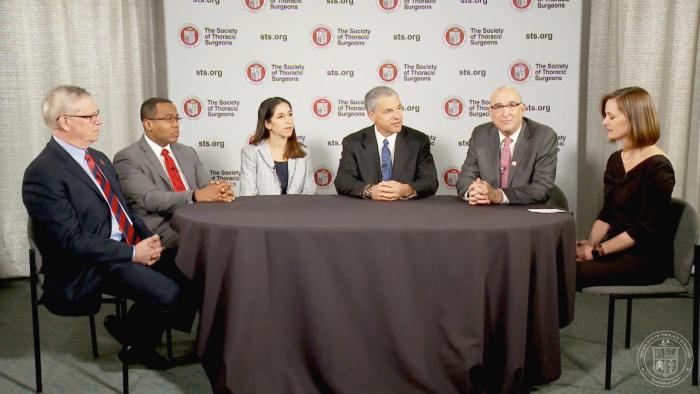Robbin G. Cohen talks with some of the world’s leading experts in treating valve disease and endocarditis—Drs. Joseph E. Bavaria, Eric E. Roselli, and Scott Goldman—about when surgeons should get involved in the treatment process, when and how long to treat with antibiotics, the best candidates for surgery, and the ethics surrounding treating IV drug abusers.
